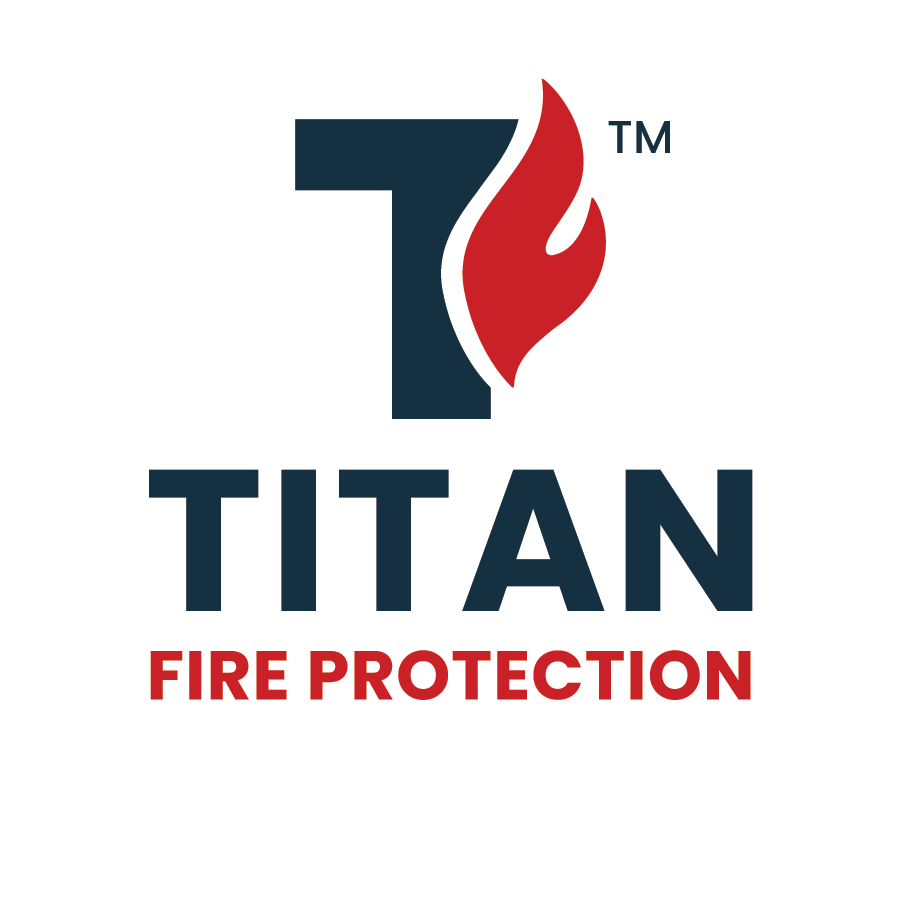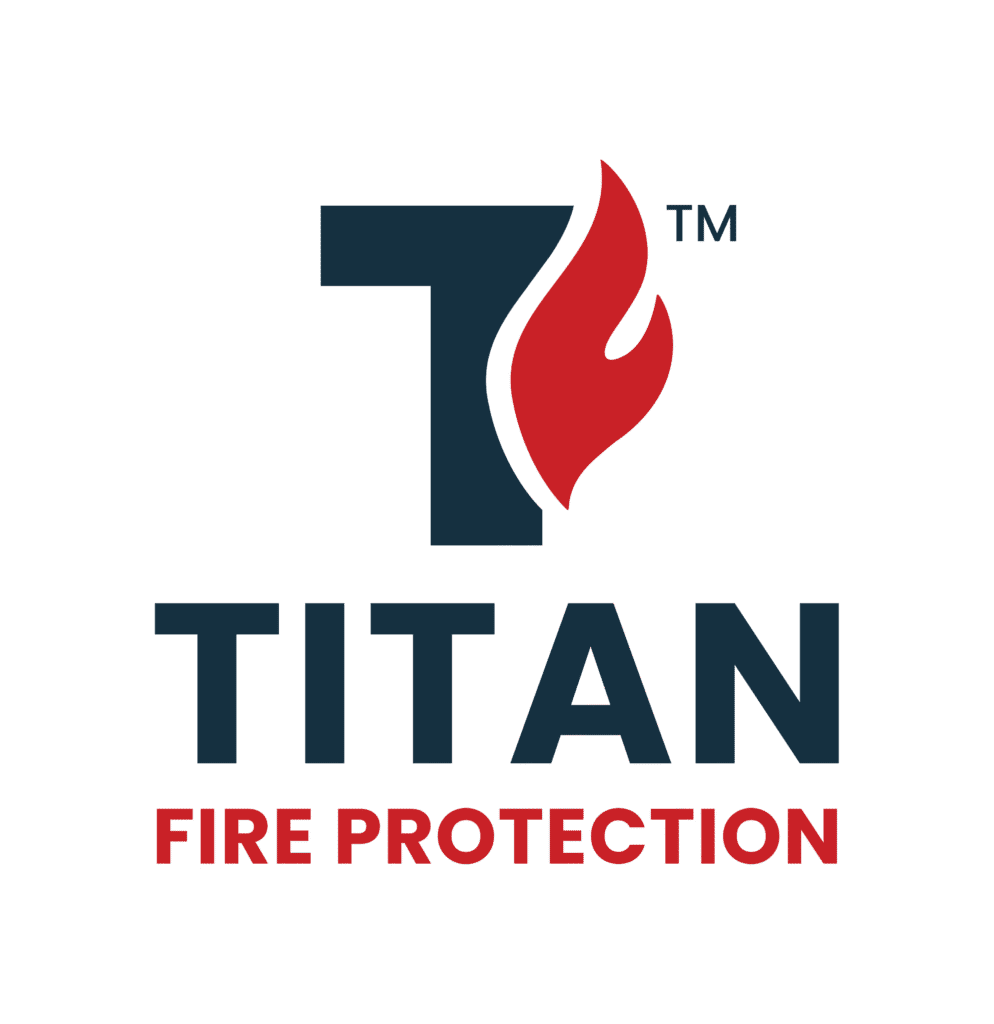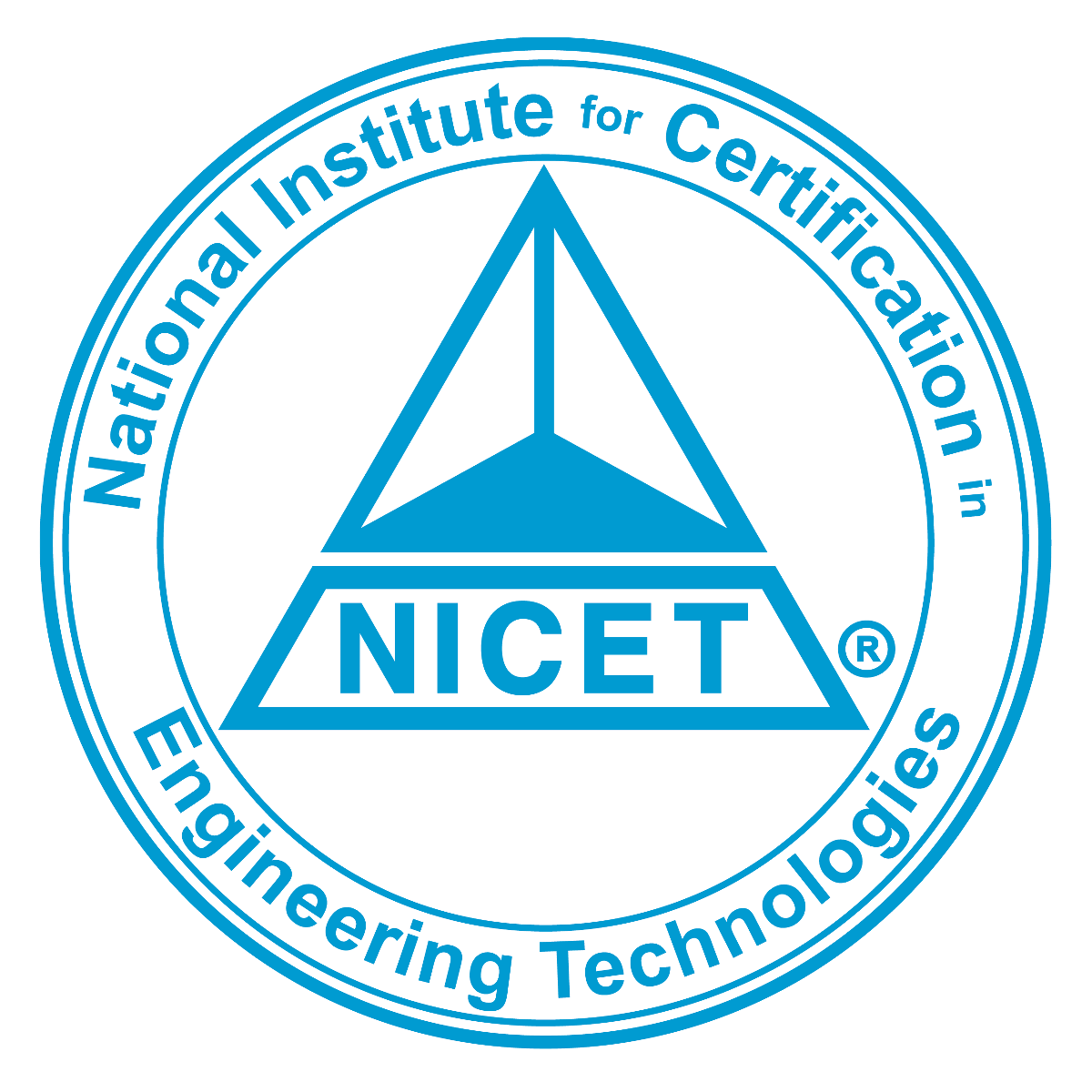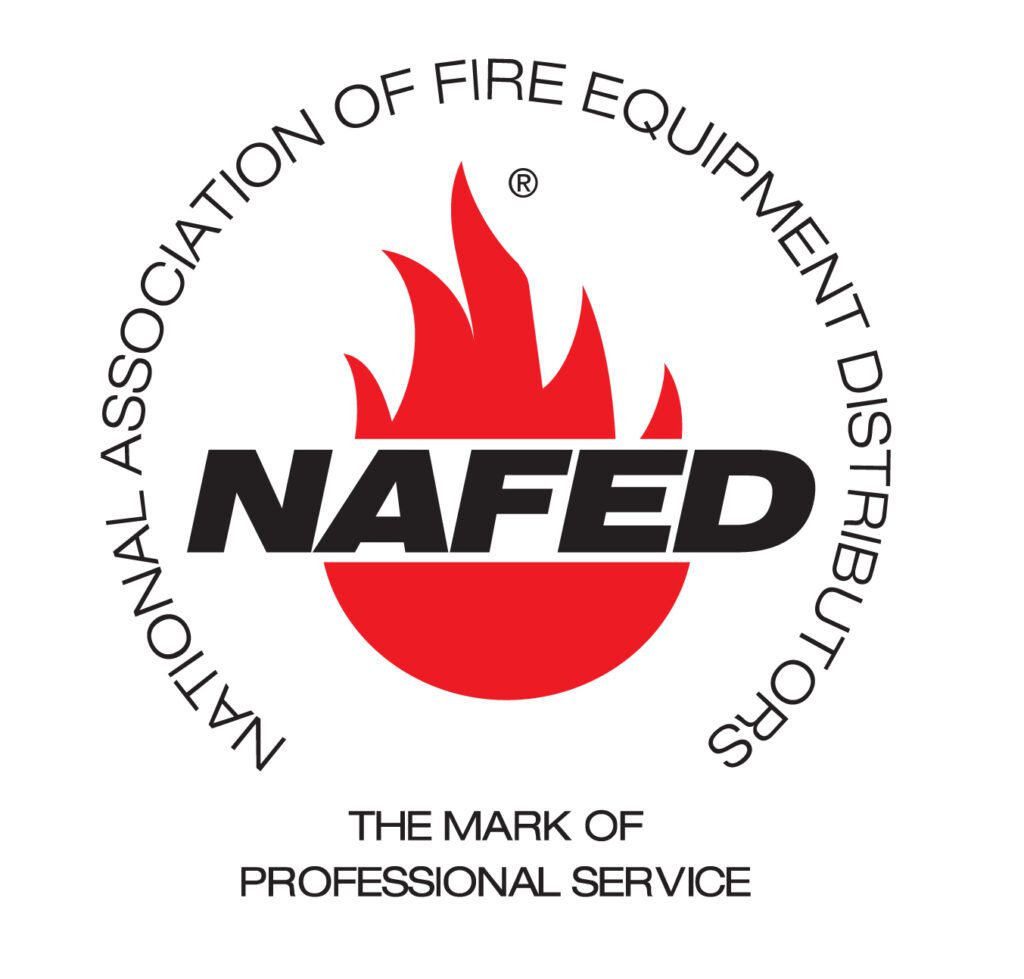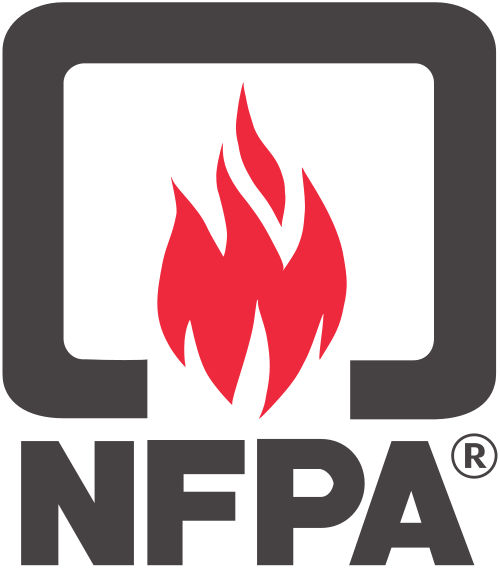FAQ
Straightforward answers to your most common fire protection questions, including code requirements, inspection schedules, and equipment operations.
- Fire Alarm Systems
- Fire Extinguishers
- Fire Sprinkler Systems
- Emergency Lighting & Exit Signs
- Electrical Services
- Compliance & Regulations
- General Services
Per NFPA 72, your fire alarm system must be inspected at least annually. Some components require quarterly or even monthly checks. Our service plans ensure you never miss a compliance deadline and your system is ready to function when it’s needed most.
Contact us immediately. A trouble signal can indicate wiring issues, battery problems, or a faulty device. We can diagnose and correct the issue before it affects system performance.
With proper maintenance, most systems last 10–15 years before major upgrades are needed. Technology and code updates may require changes sooner.
Often, yes. We can retrofit new devices and panels to work with your existing wiring and infrastructure, saving time and money while improving performance by using a method known as reverse engineering.
Extinguishers require monthly visual checks, annual inspections by a certified technician, and hydrostatic testing every 5–12 years depending on the type.
It depends on your hazards. Class A is for ordinary combustibles, Class B for flammable liquids, Class C for electrical fires, and Class K for kitchen grease fires. Some classes are combined for example class ABC. We’ll assess your space to recommend the right units.
Check the pressure gauge—if it’s in the red zone, it needs servicing. Also look for physical damage, corrosion, or missing safety pins. We have found delivery drivers use extinguishers as door stops resulting in the unit falling over and discharging.
Yes. We offer hands-on training that covers the PASS method (Pull, Aim, Squeeze, Sweep) and proper safety protocols.
NFPA 25 requires annual inspections, with certain components inspected quarterly, monthly, or weekly.
Wet systems are filled with water and discharge instantly. Dry systems are filled with pressurized air or nitrogen, allowing use in unheated areas to prevent freezing.
No. Only the sprinkler heads exposed to heat from the fire will activate, minimizing water damage.
Accidental activations are rare, especially with proper maintenance. Modern sprinklers are designed to withstand vibration and minor impacts without discharging.
Yes. We work with a trusted partner to inspect, service, and repair all types of sprinkler systems, regardless of the original installer.
NFPA 101 requires monthly 30-second tests and annual 90-minute full-load tests.
In an outage, emergency lights and exit signs must provide illumination for at least 90 minutes to allow safe evacuation.
Yes. LED units last longer, use less energy, and provide brighter light, making them a smart upgrade for most facilities.
Yes. Exit signs must remain visible and lit whenever the building is occupied, even during normal power.
Yes. Titan Fire Protection is co-owned with Sampson Electric, allowing us to offer full electrical services under one roof.
Absolutely. Our combined expertise ensures fire protection and electrical systems are installed seamlessly and function flawlessly together.
We recommend a full inspection every 3–5 years, or sooner if you’ve added major electrical loads or equipment.
Commonly applied codes include NFPA 72 (fire alarms), NFPA 13 (sprinklers), NFPA 10 (extinguishers), NFPA 101 (life safety), and NFPA 70 (electrical). We’ll determine the exact codes based on your occupancy type.
Yes. We design and install systems to meet local, state, and national codes, coordinating with the AHJ for approvals.
We’ll provide a detailed deficiency report and repair plan, then complete corrective actions quickly to restore compliance.
Minor issues can often be fixed on the spot; larger repairs are scheduled immediately to minimize downtime.
Yes. We maintain organized inspection and maintenance records for every client, ready for AHJ review at any time.
Yes. We integrate fire protection systems into new builds and adapt existing systems during renovations to maintain compliance.
Yes. Our team is available around the clock for urgent service calls.
We provide services throughout Connecticut, covering commercial, industrial, and multi-residential facilities.
